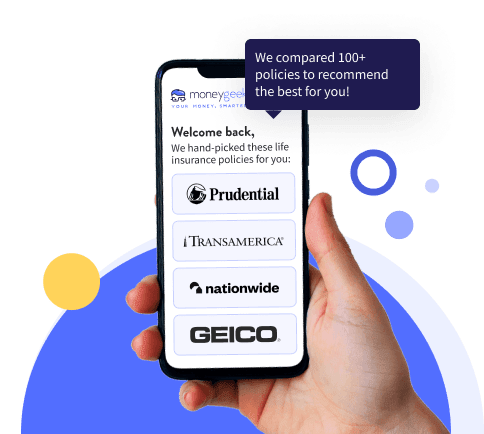Life insurance scams are a serious problem, costing consumers at least $80 billion each year, according to the Coalition Against Insurance Fraud (CAIF). Understanding how these schemes work can help you avoid costly mistakes.
Below are the most common types of life insurance fraud and how they put your money and personal information at risk.
